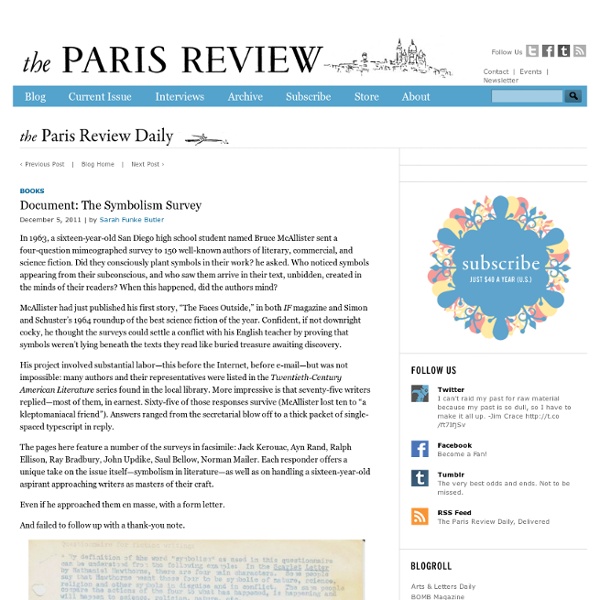erin's emporium of discount dreams & well-worn wonders
Meet 12 "Rejected Princesses" Who Are Too Badass For Disney
At this point, we've seen just about every iteration of Disney princesses recontextualized by creative fans. The well may have run dry, but this exhaustion speaks to how eager a global audience is for animated females who break the traditional Disney mold. In the meantime, one writer has started conjuring some new princesses who break that mold so comprehensively they've become more likely characters for violent indie thrillers than family-oriented studio fare. Which is kind of a shame. Former DreamWorks effects animator and fledgling artist Jason Porath recently created Rejected Princesses, a website that features detailed, often hilarious stories and illustrations about some historical and mythical women who were just too darn interesting to end up with their own big budget four-quadrant vehicles. "Each woman is based off as much visual reference of the actual story as possible," the artist says of the project which formally launched last week. Mariya Art notes:
Where to Begin | Online Only
Following on from our How to Write About Pakistan feature yesterday, Nadeem Aslam, whose novella Leila in the Wilderness opens our Pakistan issue, reflects on the same questions with a focus on his own work. Imagine an area of darkness. We don’t know the time, we don’t know the place. It could be the year of Aeschylus’s birth in Greece, or it could be 19 November 1942 in the town of Drohobycz, or the day after tomorrow in Lahore. Now imagine a circle of light within this darkness and a middle-aged woman standing in it. I could be wrong, but it seems to me that as artists, as writers, as thinkers, and as human beings, we can all fill a number of pages about what that woman is going through. How to write fiction about Pakistan ? Pakistanis are as complex as any other people on the planet. This is not to say that these are not tourist clichés – but they must remain available to the artist as well as the non-artist. To me Urdu is always the first point of reference. See also...
Lockpicking Detail Overkill%5Bevva3ks%5D.unlocked%20copy.pdf
Philosophical Quotes, Thought-Provoking Sayings
Related Quotes Hmmm Philosophy Truth Wise Words We are more often treacherous through weakness than through calculation. ~François VI de la Rochefoucault A man with one watch knows what time it is; a man with two watches is never quite sure. Begin at the beginning... and go on till you come to the end: then stop. Believe those who are seeking the truth; doubt those who find it. Beware lest you lose the substance by grasping at the shadow. Only that in you which is me can hear what I'm saying. I am a part of all that I have met. There's more to the truth than just the facts. The obscure we see eventually. Even a clock that does not work is right twice a day. Losing an illusion makes you wiser than finding a truth. If a man who cannot count finds a four-leaf clover, is he lucky? We are all but recent leaves on the same old tree of life and if this life has adapted itself to new functions and conditions, it uses the same old basic principles over and over again. The obstacle is the path.
20 Forgotten Victorian Names to Put on Your Baby Name List
While the Victorian era may evoke puffed sleeves and woollen waistcoats, modern parents in search of perfect names are clamoring for the sought-after "it" names from the mid-to-late-1800s. At the time, cross-the-pond trends were common. England was peaceful during Queen Victoria's reign ... a name which spawned an entire era! Meanwhile, America was busy establishing its democracy during a bloody civil war. Americans borrowed elaborate fashions from England as well as now-classic literature by Dickens, Thackeray, and the Brontë sisters. The feminine names of America during this time weren't tough like the times; they were sweet, even frilly. But what Victorian names are still flying under the modern-day radar? More from The Stir: 27 Hot British Baby Boy Names That Americans Haven't Discovered Adelia: Adelia strikes a stylistic balance between newly fashionable names Adele and Adelaide. What are your favorite Victorian names, whether underused, overused, or somewhere in between?
Great Books Index - List of Titles
An Index to Online Great Books in English Translation To obtain an index of an author's works, including any known online editions of each work, and online articles about that author, select the author's name. To obtain an index of online editions of a particular work, select the name of that work. Then you will be able to scroll up and down to see other works by that author and articles about the author. Authors are listed here in order of their birthdates (insofar as known). To obtain an alphabetical listing of authors, go to the Author Index . The Bible -- Homer -- Aeschylus -- Sophocles -- Euripides -- Herodotus -- Thucydides -- Hippocrates -- Aristophanes -- Plato -- Aristotle -- Euclid -- Archimedes -- Apollonius -- Lucretius -- Virgil -- Tacitus -- Epictetus -- Nicomachus -- Plutarch -- Ptolemy -- Marcus Aurelius -- Galen -- Plotinus -- St Augustine -- The Quran -- St Thomas Aquinas -- Dante -- Chaucer -- Erasmus -- Machiavelli -- Copernicus -- Rabelais -- John Calvin -- Montaigne -- William Gilbert -- Cervantes -- F.



